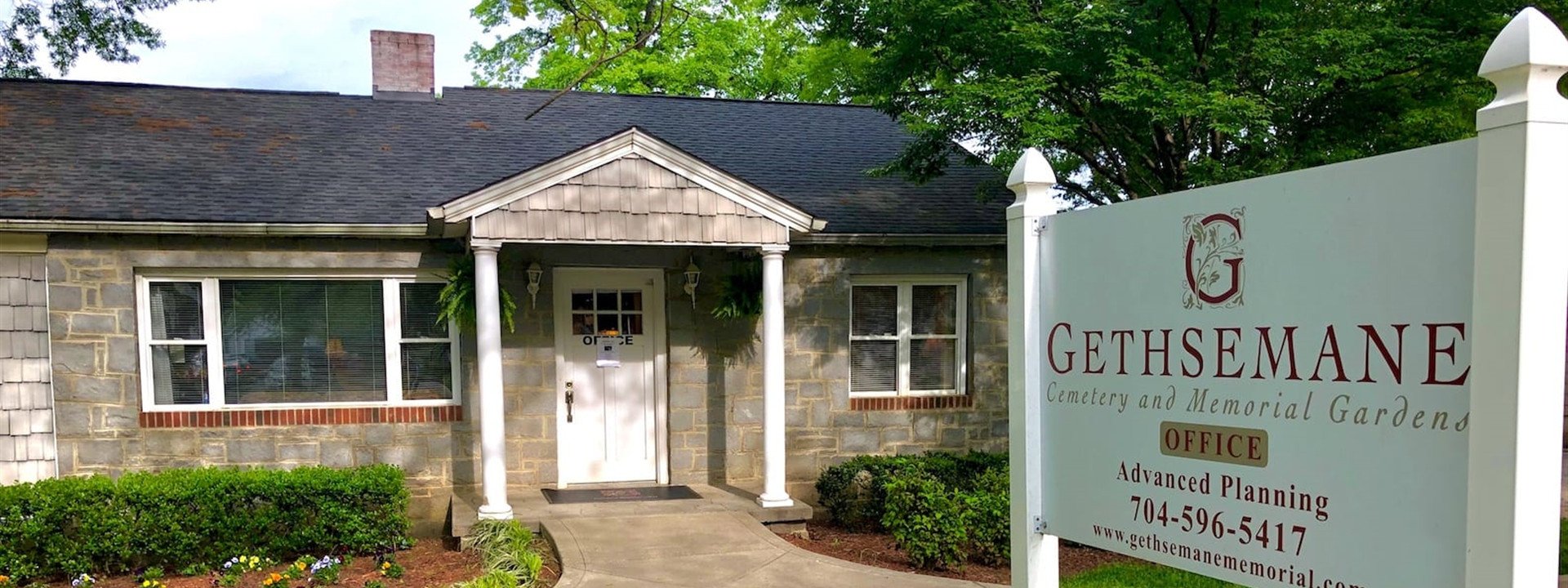Monthly Archives: January 2021
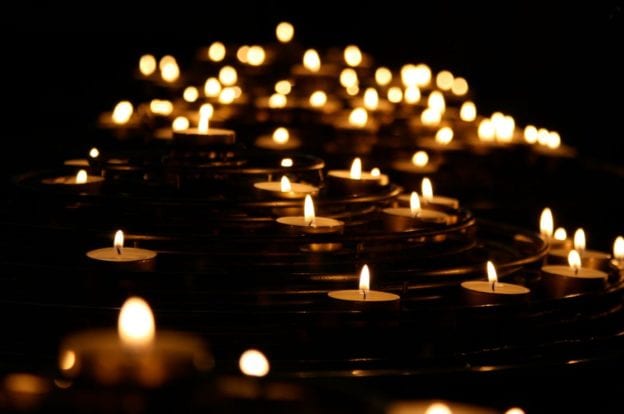
Are Burials Environmentally Friendly?
As our planet continues to suffer from worse and worse climate change, many people are beginning to as the question: “What can I do?” A posthumous, non-traditional way to help the environment is through the right kind of burial in a cemetery in Matthews, NC.
There are a few environmental downsides of traditional burial in a cemetery. One big example is loss of habitat. A recent statistic from the Centre for National Burial states that 10 acres of cemetery holds almost 20,000 tons of vault concrete, 1000 tons of casket steal, and enough wood to build over 40 full-sized homes. All that material leaves little room for animal and plant life. Not to mention loss of land that could otherwise be used to grow food or build homes.
So, what do you do? Do you have to give up on the idea of burying your lost loved one in a cemetery? Not at all! There are ways you personally can make burial in a cemetery even greener. Some of these include:
- Choose the casket carefully. Bodies generally require bodies to be in a rigid, consumable, and leak-proof caskets. Burying these caskets can hurt the environment if you chose a bad one. When picking out your casket, look for one made of non-toxic and renewable material. Wicker and cardboard are great options.
- Recycle medical materials. Remove and recycle medical devices and parts, like pacemakers, before cremation. Burying said parts can release harmful gases and produce non-biodegradable remains. Plus, recycling these materials reduces waste.
- Consider a biodegradable casket. Burying a casket can negatively impact the surrounding earth. Instead, choose a biodegradable casket to better protect the local ground.
A lot of people never even think about burials’ environmental impact, but a few small changes to funerals and services can go a long way.
If you are looking for a green way to celebrate the life of a loved one or prepare for your own passing in an environmentally friendly way, cremation might be another answer. Make an informed decision on how best to make your cremation environmentally conscious. On the whole, thanks to modern advances, cremation is a greener choice. However, there are some downsides to cremation in terms of the environment. Standard crematoriums burn a lot of natural gas, and therefore release lots of greenhouse gases and chemical vapors that can harm the atmosphere.
Also, to fully dehydrate a human body to bone and ash, a crematorium has to be fully heated to at least 1400 degrees Fahrenheit and maintain the heat for a minimum of 45 minutes. This process releases a lot of carbon dioxide and uses up a lot of fossil fuel. But, new technology and more fuel-efficient crematorium centers have greatly reduced these negative impacts.
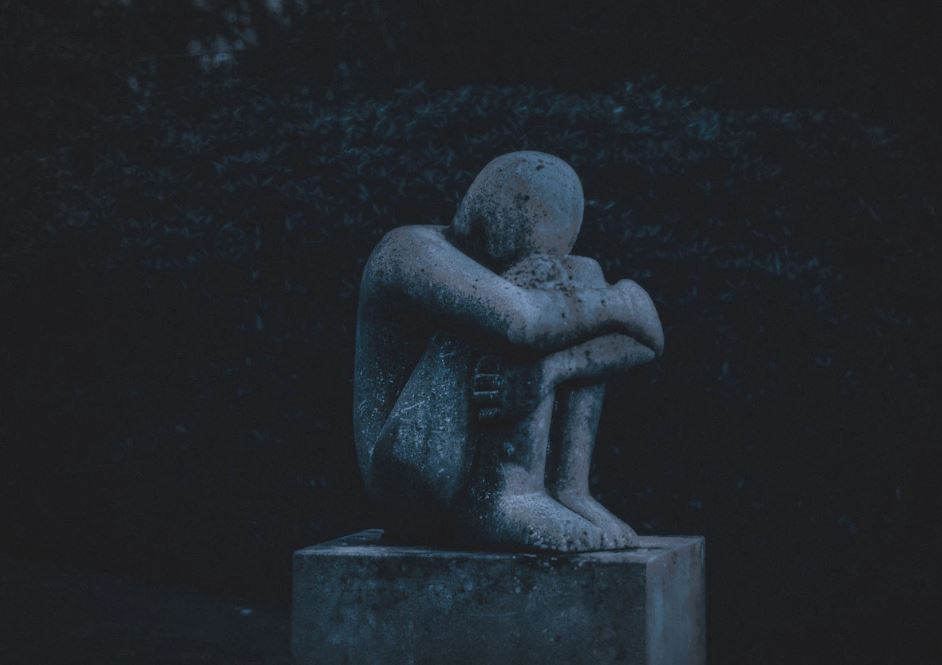
Be careful to remain aware of your options when it comes to Matthews, NC cremation services so you can feel good about your choice in terms of the environment and celebrating your loved one. If you want more information, you can visit Gethsemane Cemetery and Memorial Garden or give us a call today.

Four Key Documents
Rather than avoid the fact that you will die eventually, why not instead be as prepared for your eventual death and subsequent burial in a cemetery in Huntersville, NC?
One way to prepare for your passing is by gathering these four important documents:
- Healthcare Power of Attorney – A healthcare power of attorney (POA) document appoints someone to make your medical decisions for you if you ever become unable. This document is good to have in the event of any medical problems from terminal illnesses and loss of brain function to temporary unconsciousness. Choose someone you trust to be your healthcare POA. Some states require a POA to be notarized with additional witnesses, but all states require the document to be signed by all involved parties.
- Will – Your will is a document that states who will receive your assets and belongings after you pass. Wills must meet some important criteria to be valid, so it’s always a good idea to consult an attorney. Make sure your will clearly identifies itself as your personal will and clearly lists your name, date of birth, and social security number. You also need to be sure your will names an executor to make sure your exact wishes are carried out, from cremation to dividing the assets and clearly lists and identifies the heirs. Don’t forget to name all your assets, from bank accounts to estates and everything in between, and designate which heir will get what percentage of each asset. Finally, make sure your will is signed by you and two or three witnesses. You can also draw up a living will in the event you become incapacitated in some way. Different than a POA or a will, a living will let you lay out your end of life wishes in the event you become terminally ill.
- HIPAA Release – The Health Insurance Portability and Accountability Act (HIPAA) stipulate that all medical records are confidential between the patient and the healthcare provider. If you want a family member to have access to your records in case you pass away or become incapacitated, you need to fill out and sign a HIPPAA Release form.
- ICE Book of Important Documents – While an in case of emergency (ICE) book isn’t a formal document, it’s a major help for families to gain access to important documents when a loved one passes away or is incapacitated. Make one and keep it in a secure yet obvious place in the event of your death. Include documents in your ICE book like tax returns going back 5 years, bank accounts, medical and dental records, insurance information, birth certificate, social security card, and a list of important passwords.

Gethsemane Cemetery and Memorial Garden is here to help if you want more information on these documents, or other ways you can prepare for a Huntersville, NC cemetery visit. Please stop by and visit us or give us a call today. We’re happy to do what we can for you in your time of loss or of preplanning.
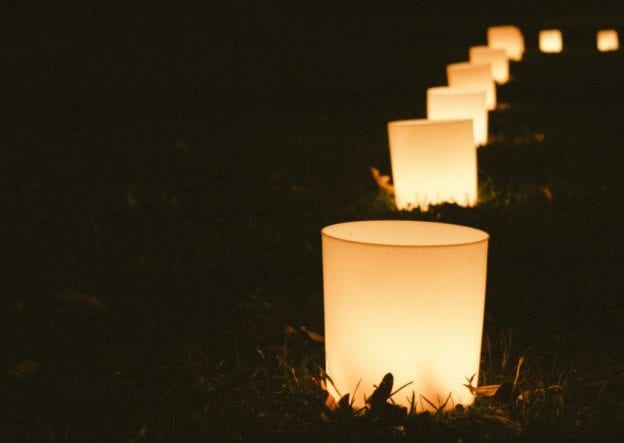
Average Cemetery Services
Cemeteries all over the country offer lots of different services with the overall intention of helping the bereaved not only plan and execute a respectful service to honor the deceased, but also to get through the many different steps and actions associated with a death. When most people think about cemeteries in Charlotte, NC, they most likely picture undertakers in dark suits, flowers and caskets. Cemeteries are actually much more than that.
Some common cemetery services include help with planning:
- Committal (or Graveside) Services – While memorials and funerals oftentimes include a graveside service, graveside services can also be performed independently from other funeral and cremation services. When a graveside service is not preceded by a funeral or memorial, it’s called a committal. Committal services are generally very brief but have some ceremony around lowering the body into the grave and covering it with soil. These services take place at the cemetery, columbarium, mausoleum, or wherever the body’s final resting place may be.
- Memorial Services – Memorial services are very similar to funerals, except for a few key differences. Fist, the body does not have to be present at a memorial service. Since the body is not present, there is no time or scheduling constraints for memorial services, and the body can be cremated beforehand. Memorial services are typically less religious and more informal than funerals and are hosted in a variety of locations.
- Viewings and Visitations – Viewings and visitations are also generally held in tandem with a funeral or memorial as they allow family and friends to visit with and express sympathy for the funeral hosts. Viewings and visitations help people grieve together in an intimate, less formal setting. Visitations are events in which family, friends, acquaintances and more can stop by to express sympathy and grief with the immediate family of the deceased. They are usually held at the funeral home, but can sometimes take place in a church, home or other location. Viewings are when the deceased’s casket is open for final goodbyes and visits. They occur before or during the visitation.
- Funerals – A funeral is a formal event or ceremony about the deceased, typically with religious or cultural leanings. Funerals are mostly used to remember and celebrate a death, and to allow family and friends to grieve together. A funeral usually happens a few days after death in a funeral home, church, or even the deceased’s house. For an event to be a true funeral, it requires the body to be present and intact. Most funerals have reading, hymns, sermons, eulogies or speeches throughout the ceremony.
Cemeteries can also help the bereaved with transfer of the deceased from the place of death, notifying relatives, friends and coworkers, filing all permits, certificates, and authorizations, planning special ceremonies or events including Veteran’s services, and assistance with social security claims.
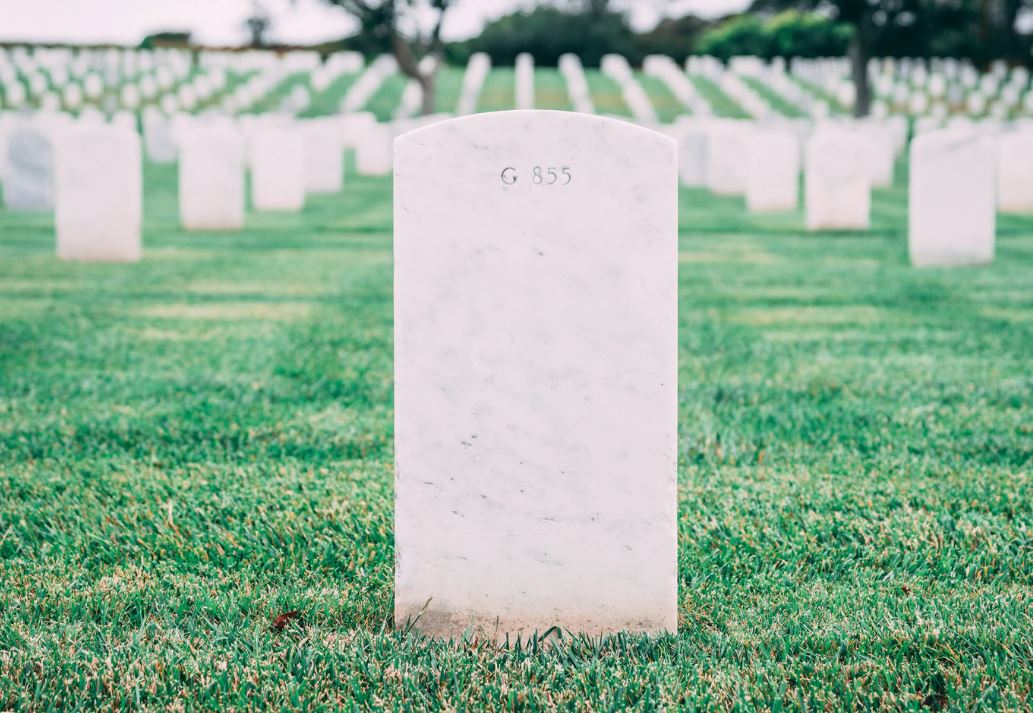
Not every cemetery offers the same services, so be sure to check with your local cemeteries for a complete list of their services. Gethsemane Cemetery and Memorial Garden offers a range of Charlotte, NC cemetery services. Call us today for more information about what we can do for you.

Support Your Friend in Grief
Loss is never easy, whether you’re at a cemetery in Matthews, NC, or long after the service is over. If you see a friend or loved one suffering through a loss, it can also be hard to know how to help. Get some inspiration with these tips:
- Let Them Cry: Crying is an important part of expressing grief, so never say “don’t cry.” Its ok to just be there when someone is crying, offering a hug or tissues, or even just a calming presence.
- Support Past the Funeral: Grief doesn’t stop after the bereaved leave the cemetery, so your support shouldn’t either. Keep checking in in the following weeks. A phone call or a text of support is great. Don’t be offended if they don’t want to talk, as grief can make concentrating or talking difficult.
- Don’t Avoid: It may feel easier to avoid a grieving friend, but it’s the worst thing you can do. A hug, kind word, or a supportive presence can go a long way. If you can’t think of what to say, a simple “I’m sorry” is all you need.
- Share: It can be helpful to hear similar bereavement stories; so, don’t be afraid to share. It makes people feel better to know that others have gotten through the grief.
- Don’t Talk About A Dead Pet: In that vein, never compare their loss to your loss of a pet. It’s not comparable and can be very insulting.
- Help with Everyday Tasks: Grief is physically and mentally debilitating, so it can be hard to accomplish seemingly easy tasks like cooking or cleaning. Help out by offering to cross things off the to-do list like grocery shopping, cooking a meal, or mowing the lawn.
- Provide Funeral Help: It can be hard to plan and host a funeral, and help is always welcome. Even a small thing like bringing flowers or offering to go with them to sign the death certificate is meaningful.
- Let Them Bring Up Religion First: Don’t make it about religion until the bereaved do. Everyone has different beliefs, and you don’t want to accidentally offend.
- Laughing is Good: Don’t be afraid of making them laugh. Offer up silly stories of your day, or even happy memories of the deceased.
- Remind Them Grief Isn’t Short: Be sure to express that you understand the grieving process is lengthy, and that you will be there throughout. Bereaved can feel lonely or even abandoned after leaving the cemetery, so make sure they know you’re still there.
- Mention the Deceased: Don’t be afraid to talk about the deceased. You might make them cry, but that’s ok! It feels good to know that the deceased isn’t gone from everyone’s thoughts and memories.
- Note Big Dates: Note important dates like birthdays or anniversaries and be sure to reach out around those times for extra support down the line.
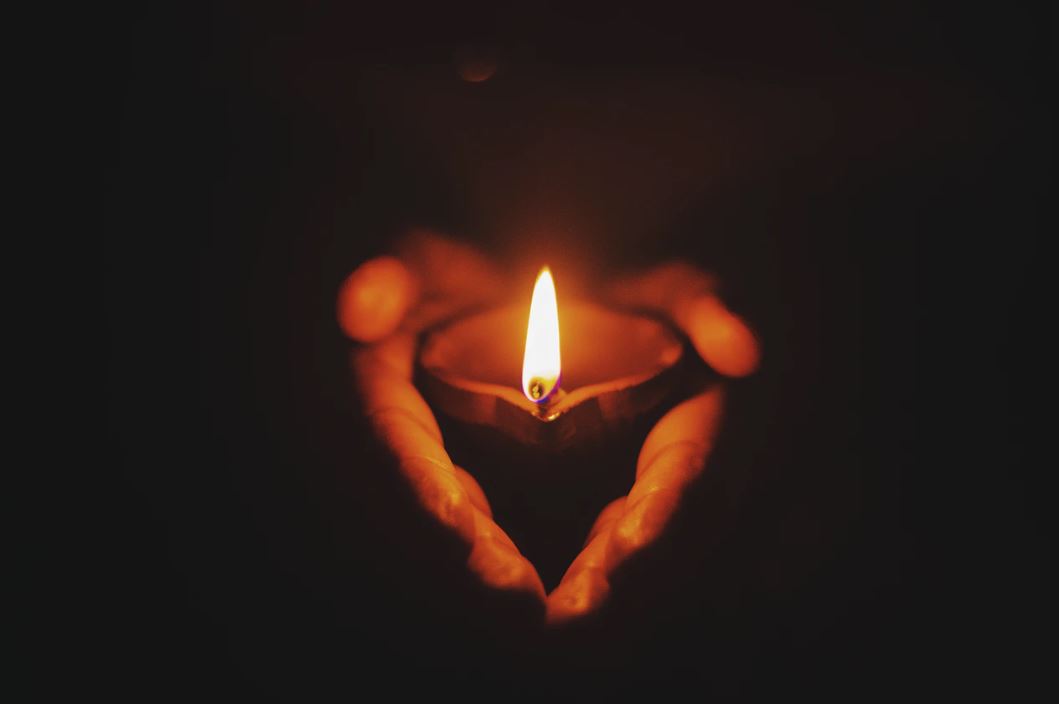
You can contact Gethsemane Cemetery and Memorial Garden to learn more tips, or get more information on Matthews, NC cemeteries.

